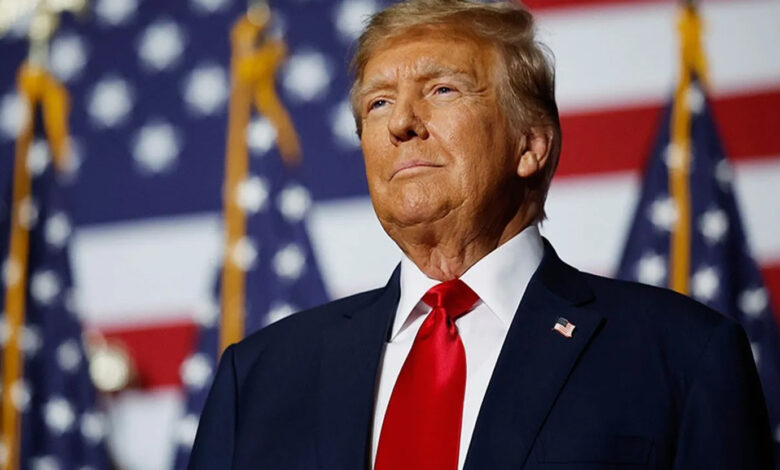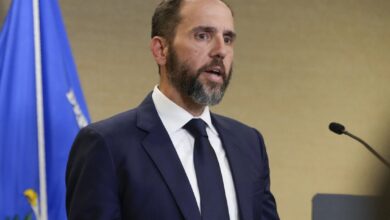
As 2025 unfolds, the Quincy Institute for Responsible Statecraft has proposed a quartet of strategic recommendations for Donald Trump to potentially steer the United States toward prosperity and stability. Here’s how these suggestions might look in practice:
Revamping U.S.-European Relations: Trump should champion a diplomatic approach that involves negotiating peace in Ukraine, aiming for a security arrangement that respects all parties’ interests. This would mean working with European allies to ensure NATO’s expansion does not threaten Russia while supporting Ukraine’s non-military integration into the EU. Engaging China as a mediator could also be a novel approach to foster lasting peace.
Advocating for Peace in the Middle East: Trump’s policy should pivot towards facilitating a ceasefire in Gaza, urging Israel to halt the use of heavy munitions linked to civilian casualties. The Institute recommends pushing for an equitable two-state solution, actively opposing any moves towards annexation in the West Bank, aiming to stabilize the region and enhance U.S. standing in Arab nations.
Stabilizing U.S.-China-Taiwan Dynamics: Trump should reaffirm the U.S. commitment to the “One China” policy while strengthening crisis communication with Beijing to manage tensions over Taiwan. The advice includes supporting Taiwan’s defense but in a way that does not provoke China into aggressive actions, promoting a peaceful dialogue on reunification or at least a stable status quo.
Economic Pragmatism with China: Instead of continuing the tit-for-tat tariffs that characterized previous engagements, Trump should opt for a strategy of economic interdependence. This involves negotiating trade deals that benefit both nations, encouraging U.S. companies to thrive through competition rather than isolation, and possibly revisiting trade pacts like the CPTPP in a way that includes China under mutually beneficial terms.
These recommendations aim to pivot from confrontation to cooperation, potentially offering the U.S. a more stable and prosperous year ahead. Implementation would require not only Trump’s leadership but also a cooperative Congress and a receptive international community. If executed well, these strategies could redefine U.S. foreign and economic policy, setting a tone for long-term global peace and economic health.




